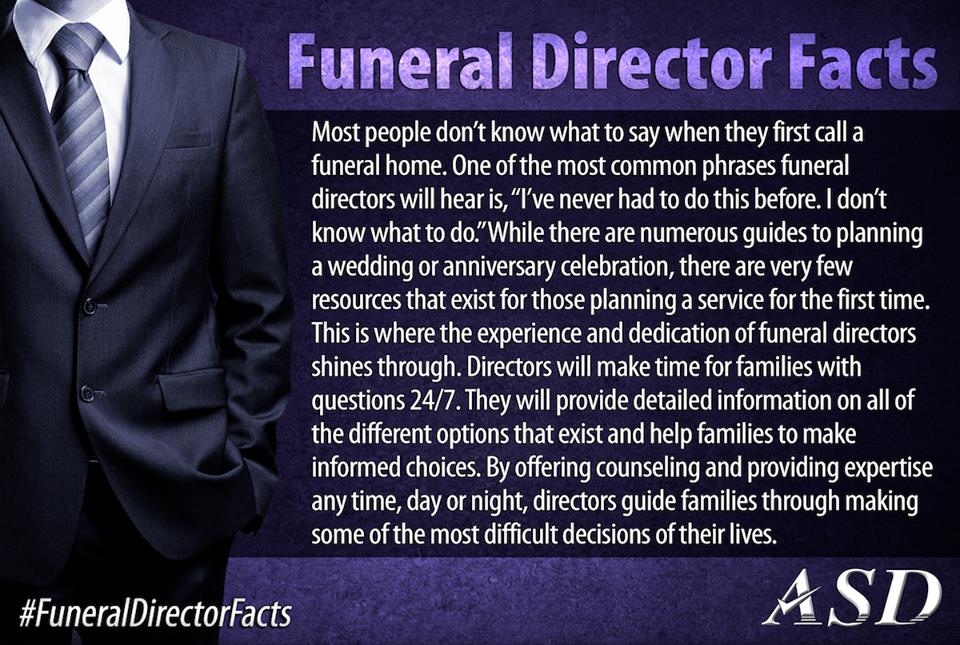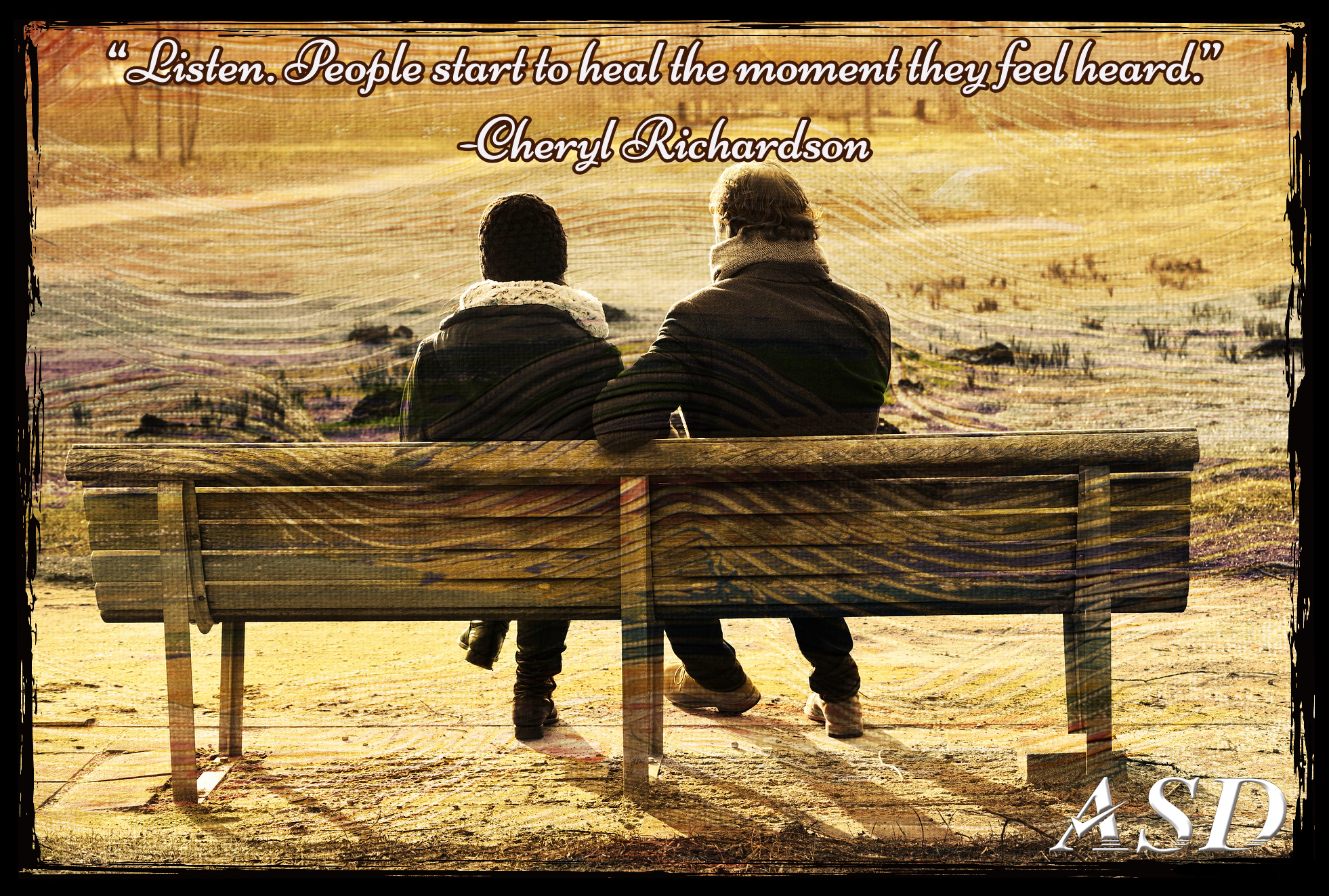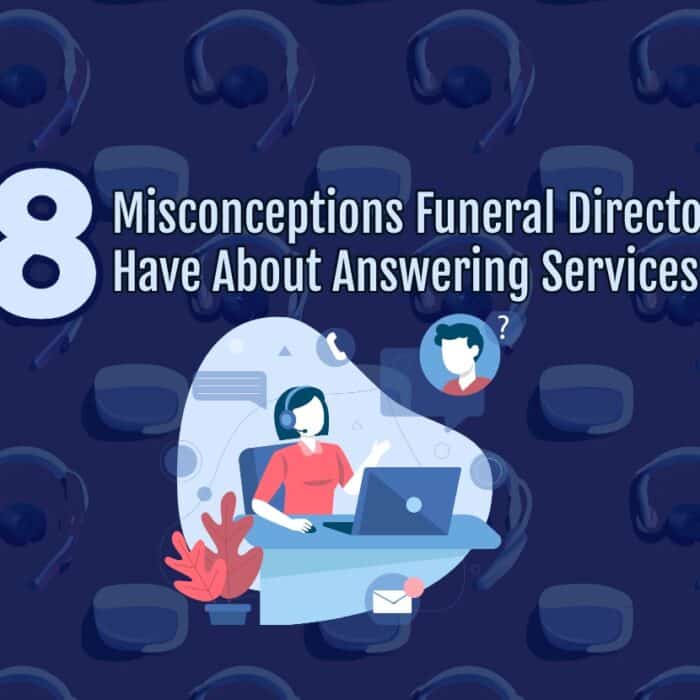Feb 07, 2018
Have you ever gone shopping and found something you loved, only to discover it is labeled as “One Size Fits All”? It’s frustrating when a clothing company assumes all of its customers are built the same, so why does our society use the same label when defining how people grieve? The reality is, there are as many ways to grieve as there are people.
After answering calls for more than 15 years for funeral homes, I have learned that every person is fighting their own individual battle that is unique to their situation and how they cope with losses. Listening to what is not said by callers can reveal far more about their emotional state. Just because a caller is not crying on the phone doesn’t mean you can’t hear the weight of tragedy hanging off every syllable. When relying on telephone communication, a sharp intake of breath, a delayed pause, or a small voice inflection are often the only indicators that someone just passed away.
I remember a call I answered once from a woman who came on the line with a cheery tone of voice, asking me how I was doing. After chatting about the weather for a moment, the caller then revealed that her mother had passed away in a very casual tone. However, I could still hear the restraint in her voice from holding back the grief she felt. The woman went on to tell me a few stories about her mother but it wasn’t until she spoke her mother’s name that I heard her voice crack. For some, grief is a private emotion that is difficult to share with others and respecting that while still acknowledging the person’s pain is sometimes all we can do.
Funeral Directors and ASD Call Specialists know all too well when someone calls to report a loved one’s passing, they often do not know how to get the words out and struggle with what to say.
When loved ones call to report a passing, their first sentence is often loaded with unspoken cues as to their emotional state. A lot of callers will not come out and state that someone passed away because they are still in denial or simply unable to speak the words. For this reason, when we hear short phrases such as, “I need your assistance” or questions such as, “Do you accept credit cards?” we will gently ask the caller if someone recently passed away. It is essential that the line be answered by a compassionate voice and not a voicemail system because of the difficulty these callers often have when informing the funeral home of a loved ones’ passing.
To the untrained ear, many death calls reported to ASD would sound at first like any other casual conversation. It is only when we listen for the unspoken that we are able to identify when a person is holding back feelings of grief and loss. This is why funeral-exclusivity is of such high importance to ASD’s clients—bereaved family members need to speak to someone who is familiar with their needs. As the only funeral-exclusive answering service in America, ASD makes every effort to both record what your callers are saying, and hear what they aren’t saying to determine if a recent death occurred.
About The Author
Jess Farren (Fowler)
Jess Farren (Fowler) is a Public Relations Specialist and Staff Writer who has been a part of the ASD team since 2003. Jess manages ASD’s company blog and has been published in several funeral trade magazines. She has written articles on a variety of subjects including communication, business planning, technology, marketing and funeral trends. You can contact Jess directly at Jess@myASD.com





